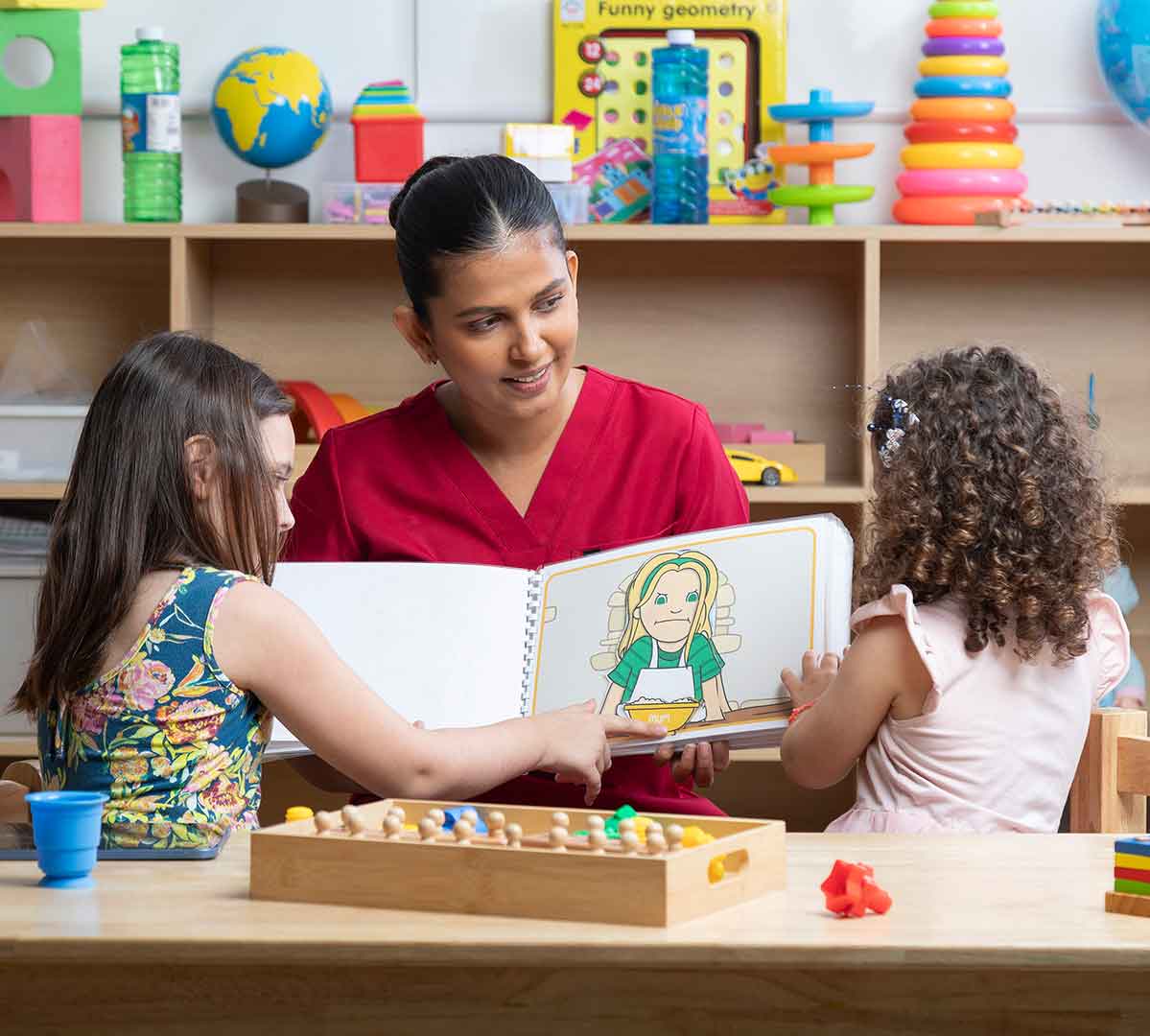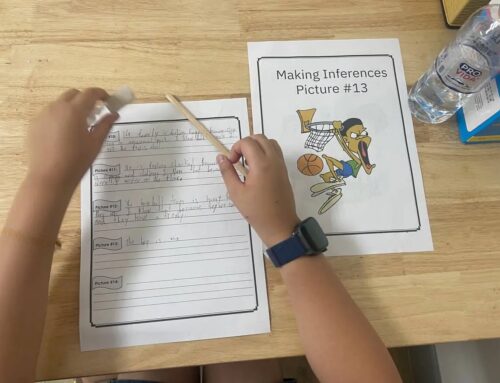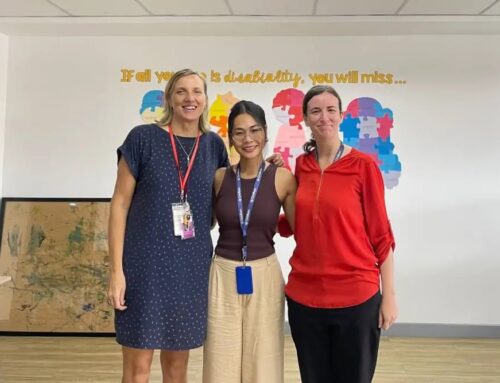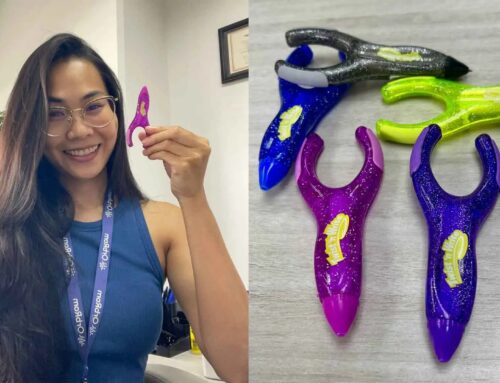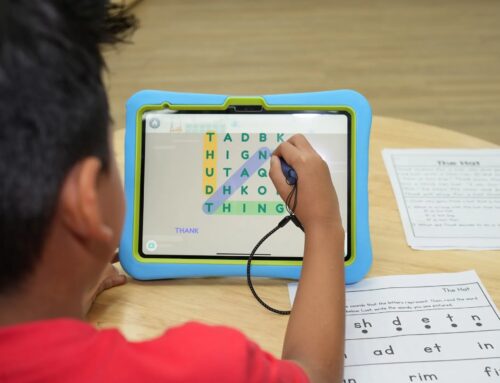[ad_1]
Curious minds don’t just happen—they’re built through everyday experiences. At OrbRom Center, we focus on developing problem-solving and thinking skills in preschool through purposeful play, routines, and coaching for parents. For families in Phnom Penh, this means practical strategies your child can use at home and school—without worksheets or gimmicks.
How young children learn to “figure it out”
Preschoolers grow critical thinking through trial-and-error, language, and movement. We design activities that require children to plan, test, and adapt—skills tied to executive functions like working memory and flexible thinking. Small-group tasks encourage turn-taking and reasoning; targeted one-on-one learning deepens focus when a child needs extra support (why individual attention matters).
Play that builds real thinking
-
Construction & math play: Blocks, loose parts, and number games invite children to compare sizes, balance structures, and spot patterns—foundations for early logic and STEM. Try simple “build a bridge for the toy to cross” challenges and talk through the plan (number play ideas).
-
Sensory problem-solving: Tactile stations (water, sand, playdough) strengthen cause-and-effect thinking—What sinks? What shape holds more? Sensory setups calm the body so the brain can think (why sensory play works).
-
Think-aloud language: Adults model “I notice… I wonder… Let’s try…” to turn mistakes into data. This builds metacognition—the habit of thinking about thinking.
When to add structured support
Some children need a clearer scaffold for planning and persistence. Our team can screen for attention, working memory, and self-regulation concerns linked to executive function (learn about executive dysfunction). If needed, we recommend an individualized plan that blends classroom goals with home routines. Early help is best—small gaps are easier to close in the preschool years (why early intervention matters).
What families can do this week
-
Set a daily “challenge minute.” Offer one open-ended task (sort buttons by two rules; build a taller tower) and praise strategies, not speed.
-
Use visual steps. Photos or simple drawings (“1. Get pieces, 2. Build base, 3. Test, 4. Fix”) reduce overwhelm and boost independence.
-
Narrate attempts. “First plan didn’t work; what’s another idea?” Normalizing revision grows resilience and flexible thinking.
How OrbRom Center helps
-
Preschool Program: Our play-based curriculum deliberately targets developing problem-solving and thinking skills in preschool through centers, projects, and social-thinking games. Explore our program: Preschool Program.
-
Developmental Assessments: If you have questions about attention, language, or learning readiness, our assessments clarify strengths and needs and guide next steps: Assessments.
For some children, fine-motor or sensory challenges can block thinking in action; when appropriate we coordinate with OT to adapt materials and routines (About Occupational Therapy).
The bottom line
Developing problem-solving and thinking skills in preschool is about daily practice: playful challenges, visual supports, and language that celebrates the process. If you’d like a tailored plan—and a classroom that nurtures curiosity—OrbRom Center is ready to help your child thrive.
— Helpful reads: One-on-one attention, Number blocks for early math, Early intervention, Executive function basics, Sensory play
[ad_2]
Source link
